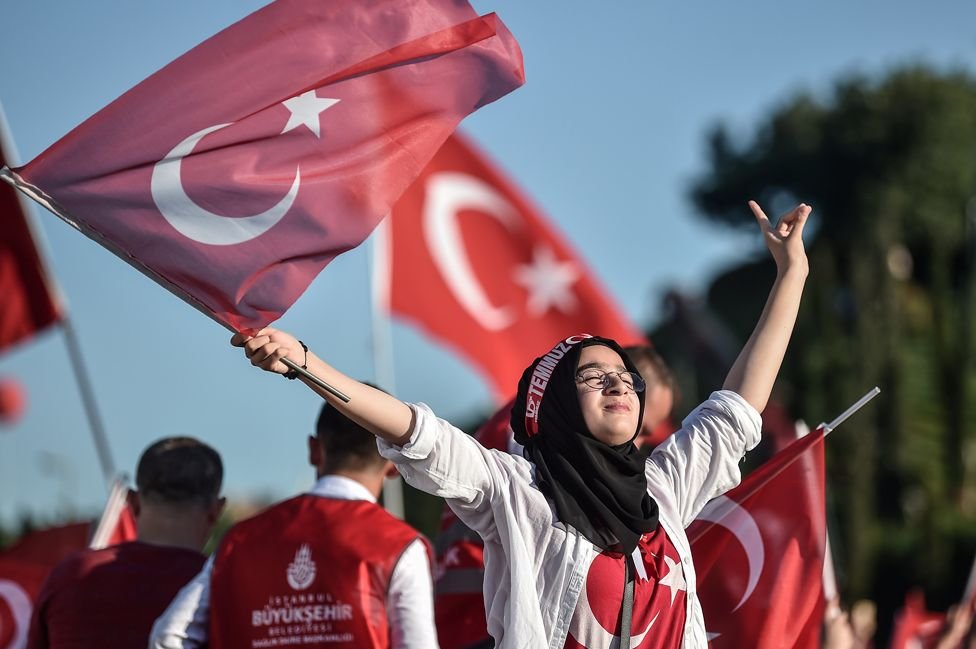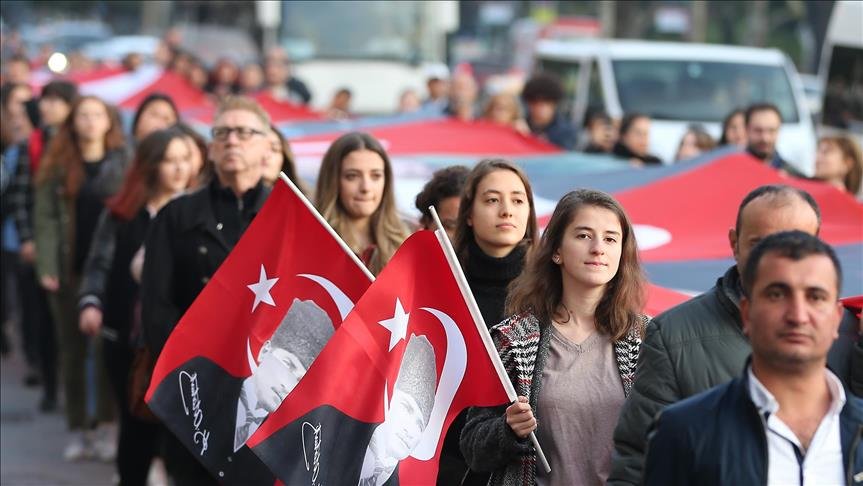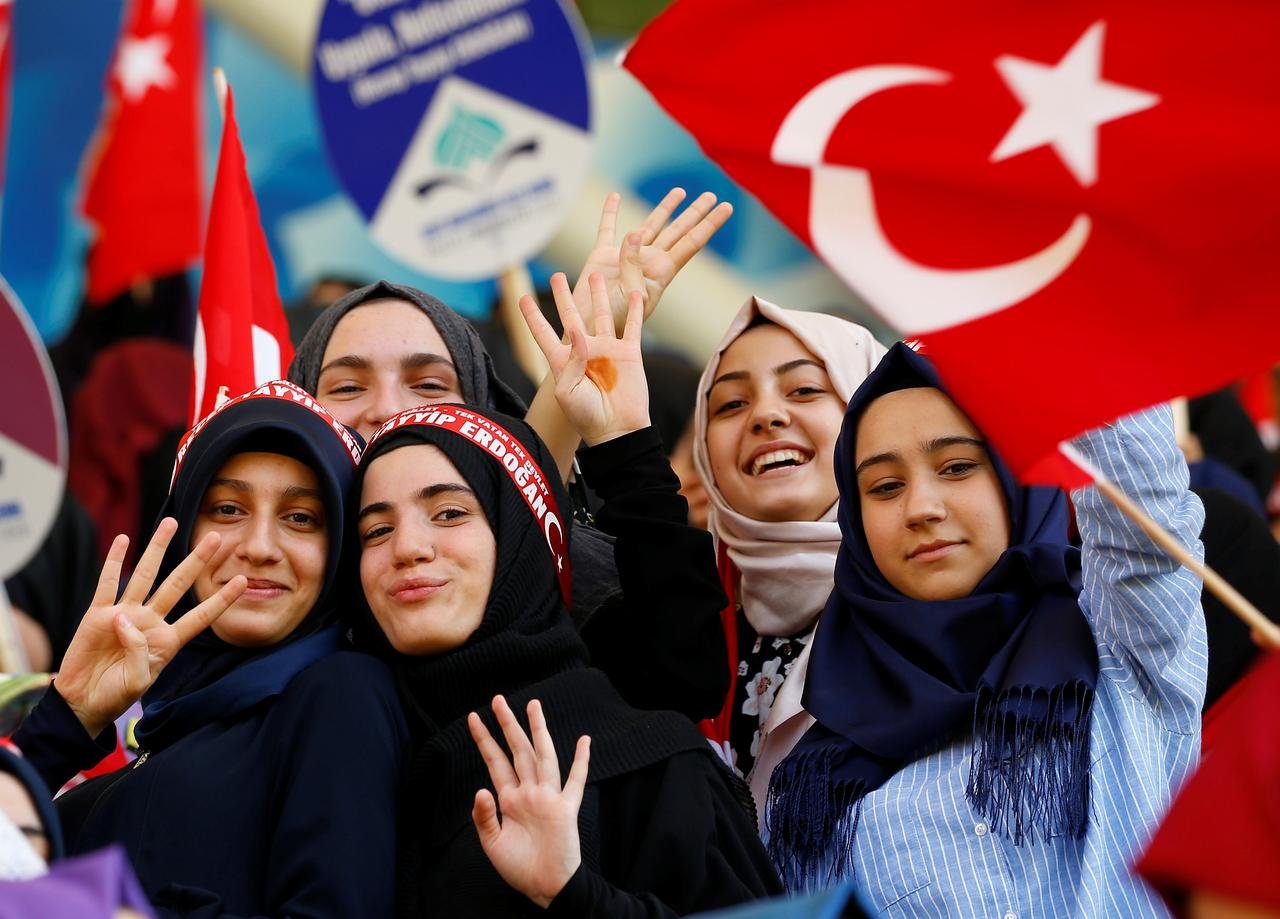Introduction
The phrase “utanmaz türklere,” which translates to “shameless Turks,” has long been a source of both contention and fascination within Turkish society. This idiom not only highlights cultural tensions but also reflects the evolving social norms and values in Turkey. For cultural analysts, language enthusiasts, and social historians, understanding this phrase offers a window into the complex interplay between tradition and modernity in Turkish culture. In this blog post, we will explore the origins, implications, and contemporary relevance of “utanmaz türklere,” shedding light on its multifaceted role in Turkish social discourse.
The Origins of “Utanmaz Türklere”
The term “utanmaz türklere” has deep historical roots that trace back to the Ottoman Empire. Originally, it was used to describe individuals who deviated from societal norms and engaged in behavior considered inappropriate or disgraceful. During the Ottoman period, social conformity was highly valued, and those who strayed from accepted conduct were often ostracized. The phrase “utanmaz türklere” thus served as a label for those who failed to adhere to these strict social codes.
Over time, the meaning of “utanmaz türklere” evolved, reflecting the changing social and political landscape of Turkey. In the early 20th century, as the country underwent significant modernization and westernization, the phrase began to take on new connotations. It was used to criticize those who embraced Western values and lifestyles, which were seen as a threat to traditional Turkish culture. This shift in meaning highlights the tension between progress and tradition that has long characterized Turkish society.
Today, “utanmaz türklere” is still used to condemn individuals or groups who defy social expectations. However, its usage has become more nuanced, often reflecting broader societal debates about morality, identity, and cultural authenticity. By examining the historical origins and evolution of this phrase, we can gain a deeper understanding of the cultural dynamics that shape contemporary Turkish society.
Cultural Tensions Highlighted by “Utanmaz Türklere”
The phrase “utanmaz türklere” encapsulates the cultural tensions that exist between traditional values and modern influences in Turkey. One of the primary sources of these tensions is the clash between conservative and liberal ideologies. Conservative segments of society often use the term to criticize behaviors and attitudes that they perceive as undermining traditional Turkish values. In contrast, more liberal individuals may view the term as a tool of social control, used to enforce conformity and suppress individuality.
Another significant tension highlighted by “utanmaz türklere” is the struggle between secularism and religion. In a country where religion plays a crucial role in shaping social norms, the phrase is often employed to denounce actions that are seen as irreligious or morally questionable. This usage underscores the ongoing debate about the role of religion in public life and its impact on personal freedoms and social cohesion.
Furthermore, “utanmaz türklere” reflects the broader cultural anxieties about identity and authenticity. In an era of globalization, many Turks grapple with questions about what it means to be authentically Turkish. The phrase serves as a way to police cultural boundaries, reinforcing certain behaviors and beliefs as inherently Turkish while excluding others. This dynamic is particularly evident in discussions about cultural preservation and the perceived erosion of traditional values in the face of modernity.
Modern Usage and Implications of “Utanmaz Türklere”
In contemporary Turkish society, the phrase “utanmaz türklere” continues to be a potent social and cultural marker. It is frequently used in political rhetoric, media discourse, and everyday conversations to signal disapproval and enforce social norms. For instance, politicians and public figures may deploy the term to criticize opponents or to rally support from conservative constituents. This usage highlights the phrase’s enduring relevance as a tool for social and political commentary.
One of the most notable implications of “utanmaz türklere” is its role in shaping public perceptions of morality and respectability. By labeling certain behaviors as shameless or inappropriate, the phrase reinforces societal standards of conduct and discourages deviation. This dynamic can be both positive and negative; on one hand, it promotes social cohesion and shared values, but on the other hand, it can stifle diversity and individuality.
Additionally, the phrase “utanmaz türklere” has implications for social identity and group belonging. It serves as a mechanism for delineating in-groups and out-groups, defining who is considered a proper member of the Turkish community and who is not. This process of inclusion and exclusion can contribute to social fragmentation and tensions, particularly in a multicultural and rapidly changing society like Turkey.

The Role of Media in Perpetuating “Utanmaz Türklere”
The media plays a significant role in perpetuating and amplifying the usage of “utanmaz türklere.” Newspapers, television programs, and social media platforms frequently feature discussions and debates that invoke the phrase to critique various aspects of modern life. This media presence not only reflects but also shapes public attitudes and perceptions, reinforcing the cultural significance of the term.
For example, news outlets may use “utanmaz türklere” in headlines and articles to sensationalize stories about scandalous or controversial behavior. This usage draws readers’ attention and evokes strong emotional reactions, further entrenching the phrase in the collective consciousness. Similarly, social media platforms provide a space for individuals to express their opinions and judgments, often using the term to signal disapproval and align themselves with certain values.
The media’s role in perpetuating “utanmaz türklere” also extends to popular culture. Television dramas, films, and literature frequently explore themes related to shame, honor, and social conformity, often using the phrase as a narrative device. These cultural products not only reflect societal attitudes but also shape them, contributing to the ongoing relevance of the term in Turkish society.
“Utanmaz Türklere” in Literature and Popular Culture
Literature and popular culture provide rich sources of insight into the cultural significance of “utanmaz türklere.” Many Turkish authors, playwrights, and filmmakers have explored themes related to shame, honor, and social conformity, often using the phrase to critique societal norms and values.
In literature, the phrase “utanmaz türklere” appears in various contexts, from historical novels to contemporary fiction. Authors use the term to highlight the moral dilemmas and social pressures faced by their characters, shedding light on the complexities of Turkish society. These literary works not only entertain but also provoke thought and discussion, encouraging readers to reflect on the cultural dynamics that shape their lives.
Similarly, popular culture provides a platform for exploring the implications of “utanmaz türklere.” Television dramas and films often depict characters who grapple with issues of shame and social acceptance, using the phrase to underscore the stakes of their struggles. These narratives resonate with audiences, reflecting their own experiences and anxieties while also challenging them to question societal norms and values.
The Psychological Impact of “Utanmaz Türklere”
The phrase “utanmaz türklere” has significant psychological implications for individuals and communities. Being labeled as shameless or dishonorable can have profound effects on a person’s self-esteem, mental health, and sense of belonging. The fear of being judged and ostracized may lead individuals to conform to societal expectations, even at the cost of their own happiness and authenticity.
For many, the pressure to avoid being seen as “utanmaz türklere” can result in stress, anxiety, and feelings of inadequacy. This dynamic is particularly pronounced for those who belong to marginalized or minority groups, who may already face significant social and cultural pressures. The phrase thus serves as a tool for enforcing conformity and maintaining social hierarchies, often to the detriment of individual well-being.
However, the psychological impact of “utanmaz türklere” is not entirely negative. For some, the phrase can serve as a catalyst for self-reflection and personal growth. By confronting and challenging societal expectations, individuals may develop a stronger sense of self and a deeper understanding of their own values and beliefs. This process of self-discovery can ultimately lead to greater resilience and empowerment.
Comparative Perspectives on “Utanmaz Türklere”
To fully understand the cultural significance of “utanmaz türklere,” it is helpful to compare it to similar concepts in other cultures. Many societies have terms and phrases that serve to enforce social norms and regulate behavior, reflecting the universal human concern with morality and respectability.
For example, in Japanese culture, the concept of “hara” (shame) plays a central role in shaping social interactions and maintaining social harmony. Like “utanmaz türklere,” the fear of shame and social ostracism serves as a powerful motivator for conformity and adherence to societal expectations. Similarly, in Chinese culture, the concept of “mianzi” (face) reflects the importance of social reputation and the need to uphold honor and dignity.
By comparing “utanmaz türklere” to these and other cultural concepts, we can gain a deeper appreciation for the ways in which societies regulate behavior and maintain social order. These comparisons also highlight the unique cultural dynamics at play in Turkey, offering valuable insights into the specific historical, social, and political factors that shape the usage and significance of the phrase.

Addressing the Challenges of “Utanmaz Türklere”
Given the complex and multifaceted nature of “utanmaz türklere,” addressing the challenges it presents requires a nuanced and multifaceted approach. One key strategy is to promote greater awareness and understanding of the cultural dynamics that underlie the phrase. By fostering open and inclusive dialogues about social norms, values, and expectations, individuals and communities can begin to challenge and transform harmful stereotypes and prejudices.
Education also plays a crucial role in addressing the challenges of “utanmaz türklere.” By incorporating discussions of cultural diversity, social justice, and critical thinking into curricula, educators can empower students to question societal norms and develop their own values and beliefs. This process of education and empowerment can help to create a more inclusive and equitable society, where individuals are free to express their authentic selves without fear of judgment or ostracism.
Finally, it is important to support and amplify the voices of those who have been marginalized or stigmatized by the label of “utanmaz türklere.” By providing platforms for these individuals to share their experiences and perspectives, we can foster greater empathy, understanding, and solidarity. This process of amplification and advocacy is essential for creating a more just and inclusive society, where all individuals are valued and respected.
Conclusion
The phrase “utanmaz türklere” offers a fascinating lens through which to explore the cultural dynamics of Turkish society. From its historical origins to its contemporary usage, the term reflects the complex interplay between tradition and modernity, morality and individualism, and inclusion and exclusion. By examining the cultural tensions highlighted by the phrase, we can gain a deeper understanding of the social norms and values that shape Turkish society.
As cultural analysts, language enthusiasts, and social historians, it is our responsibility to engage with these complex cultural dynamics and to foster greater awareness and understanding. By promoting open dialogues, supporting education, and amplifying marginalized voices, we can work towards creating a more inclusive and equitable society, where all individuals are free to express their authentic selves.
For those interested in exploring these themes further, we encourage you to continue the conversation and to seek out additional resources. Whether through academic research, cultural exchange programs, or community initiatives, there are many opportunities to deepen your understanding of the cultural dynamics that shape our world. Together, we can create a more just and inclusive society, where all individuals are valued and respected.












